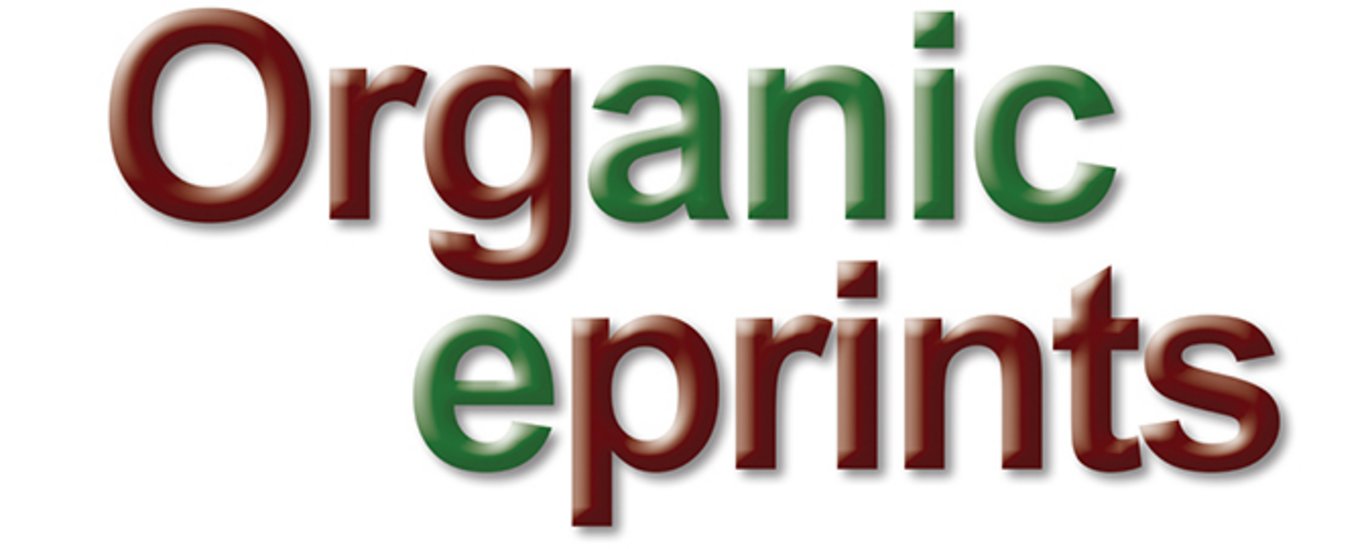Open Access requirements in H2020 – help for projects
A brief supports CORE Organic projects in their implementation of the H2020 Open Access requirement, and while the information is specific for CORE Organic projects, this may also be of interest for other H2020 projects with the same obligation.

It is a requirement by Horizon 2020 that all peer-reviewed scientific publications resulting from activities funded by H2020 must be Open Access and made available. H2020 also encourages Open Access archiving of other types of publications such as conference abstracts and proceedings, books, reports and monographs. “Made available” refers to archiving the publication in a repository for scientific publications, and this must be at the latest at the date of publication. Even if an embargo exists, the metadata (information about the publication) must be made available on that date.
Many project participants are unsure about how to fulfill the requirements – can they still publish in peer review journals without paying for open access and if so, how do they fulfill the requirement? This brief describes how this can be done and what the different types of Open Access – “gold” and “green” – are, and while the information is specific for CORE Organic, much of it is quite relevant also for other H2020 projects. Only those on organic agriculture can use Organic Eprints as described in the brief, but others may use e.g. Zenodo in the same manner.
Relevant links
Brief on Open Access requirements in H2020
Contact information
Ilse A. Rasmussen, International Centre for Research in Organic Food Systems (ICROFS), ilsea.rasmussen@icrofs.org, www.icrofs.org
